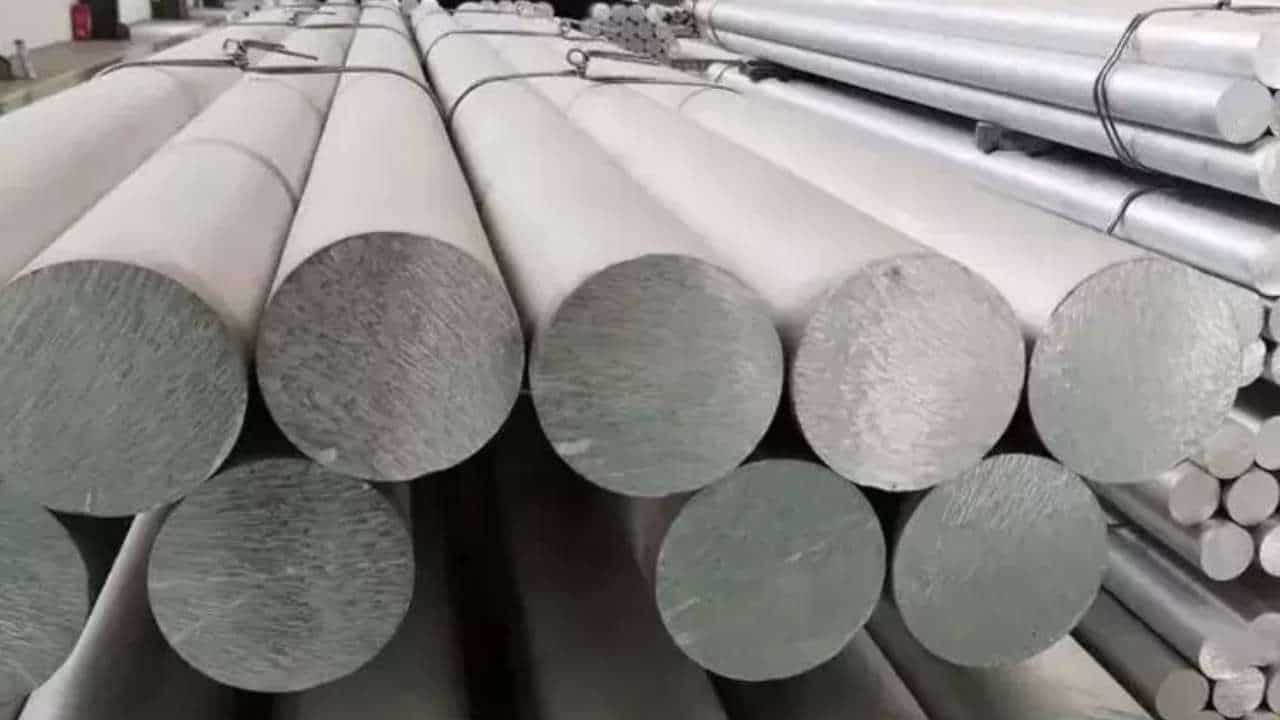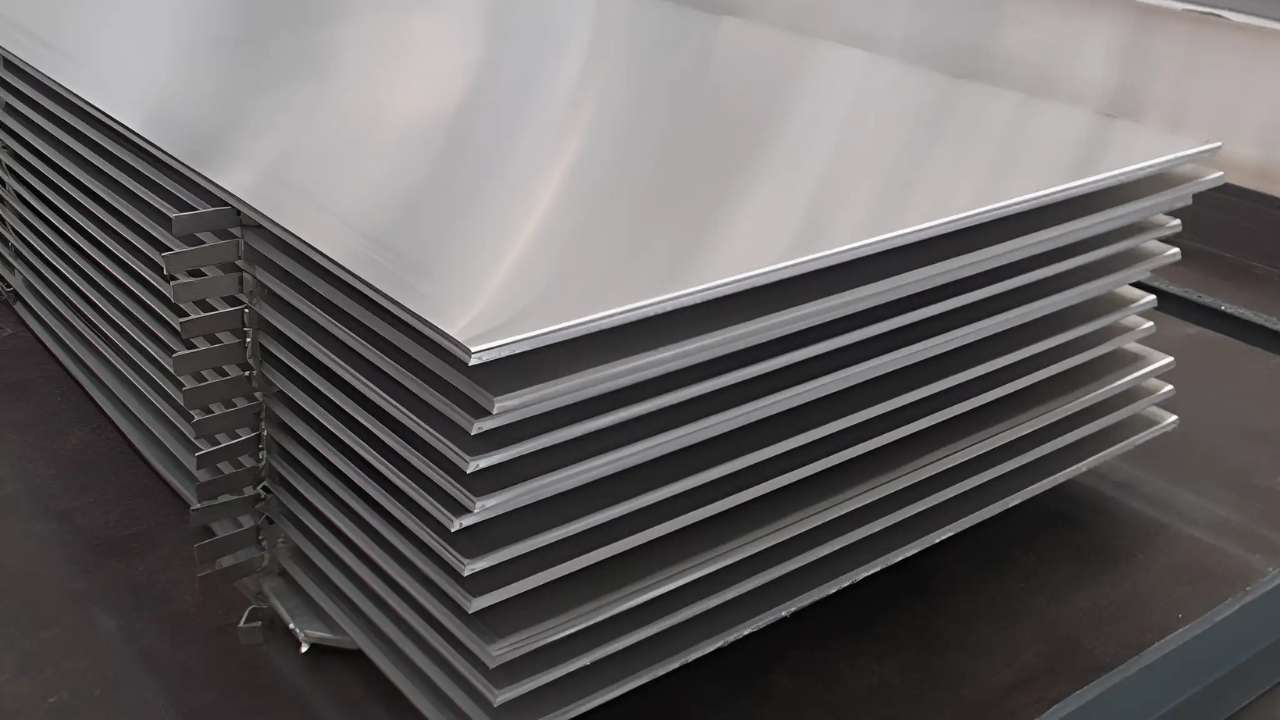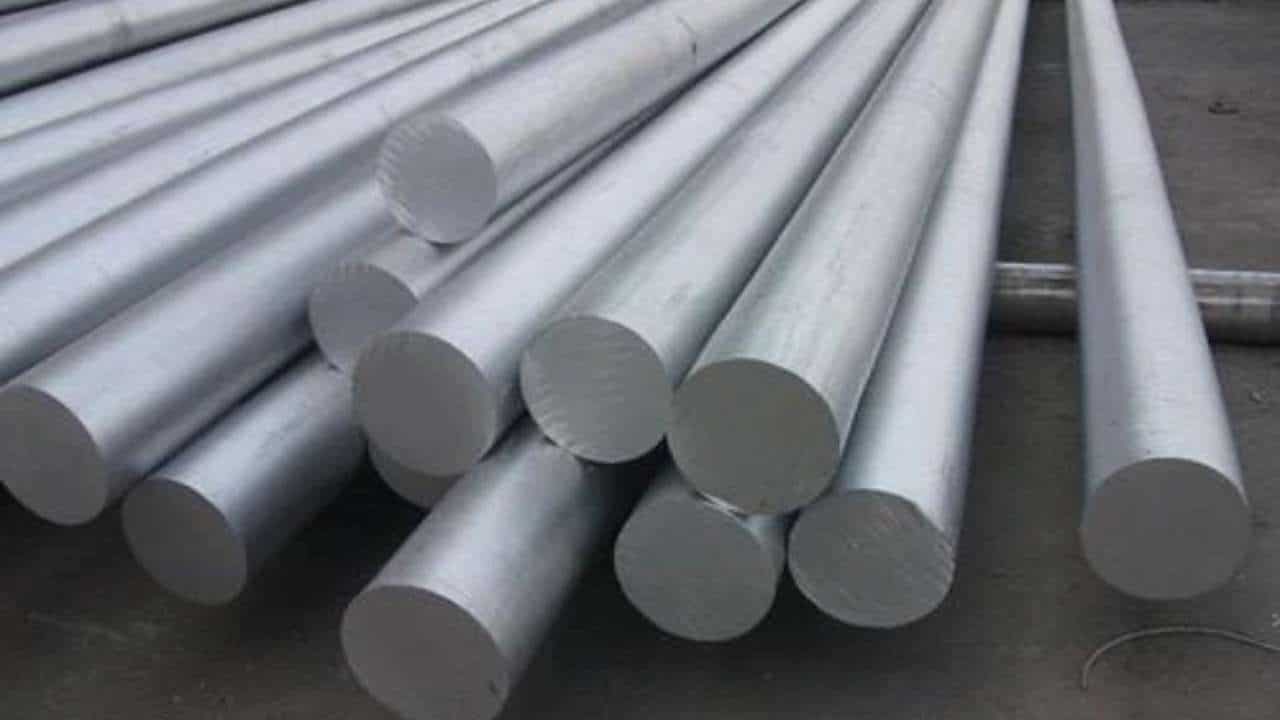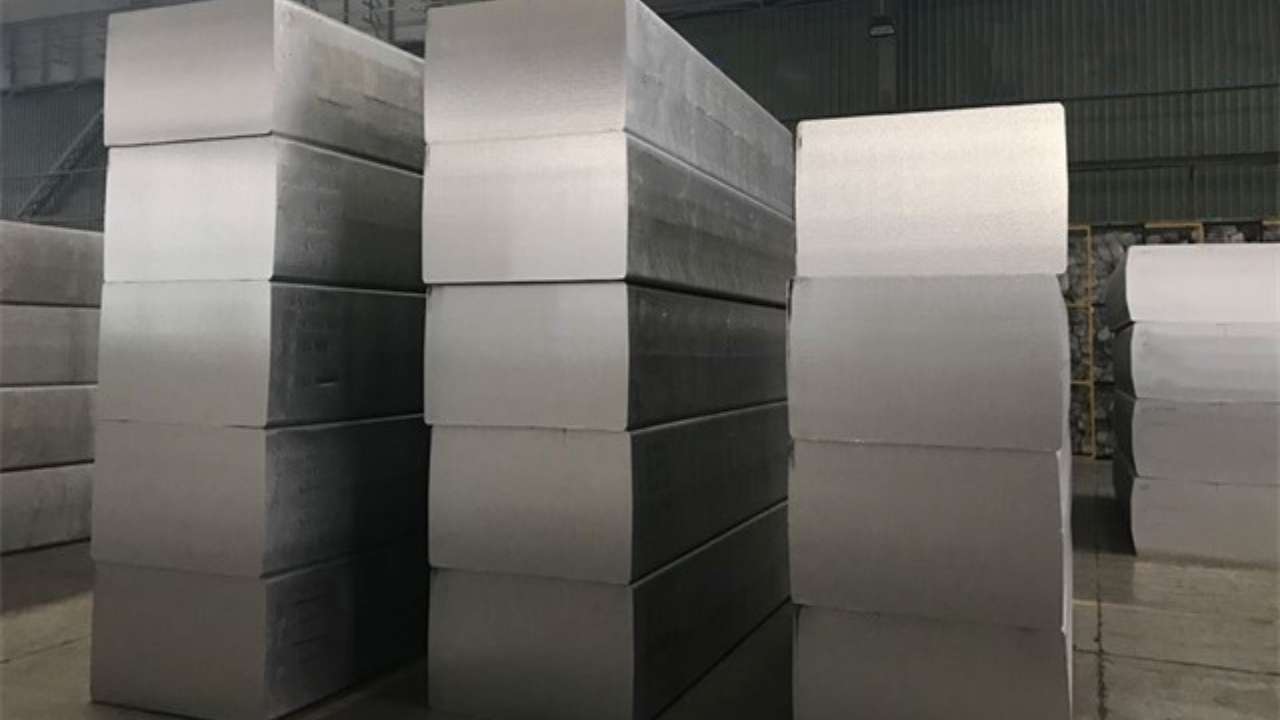The 5083 Al grade has excellent resistance to corrosion in harsh environments. The alloy is strong even in the process of welding. It is non-heat treatable, but has the greatest strength among the 5000-series alloys. This guide helps you discover what properties make 5083 aluminum a reliable alloy in different applications.
Understanding 5083 Al Grade

The 5083 aluminum has a high quantity of magnesium content to enhance strength. This alloy contains a trace of manganese and chromium, improving its stability. Simple processing is made possible due to the non-heat-treatable nature. Structural assemblies use welded joints as they maintain strength.
There are varieties of temper such as O, H111, and H32 that control work-hardening. Available in plate, sheet, and bar form on a large scale. The machinability is poor, and cold-forming working is acceptable. Flexibility in fabrication is enhanced by Arc welding. The filler metals of 5183, 5356, and 5556 maximize joint integrity.
-
Chemical Composition and Role of Each Element
| Element | Weight Percentage (%) | Function in Alloy |
| Aluminum (Al) | Remainder | Base metal |
| Magnesium (Mg) | 4.0-4.9 | Strengthens and hardens the alloy |
| Manganese (Mn) | 0.4–1.0 | Refines grains and boosts toughness. |
| Chromium (Cr) | 0.05-0.25 | Stabilises against corrosion, controls microstructure. |
| Others (Fe, Cu, Si, Ti) | Trace | Stabilisers and grain control |
Mechanical and Physical Properties of 5083 Aluminum

-
Mechanical Properties
| Properties | Tensile Strength | Yield Strength | Elongation | Hardness | Modulus of Elasticity |
| Attributes | 275–350 MPa | ≥ 125 MPa | ~12% | 75 HB | ~72 GPa |
-
Tensile Strength
You obtain tensile strength of 275-350 MPa. This implies that your component becomes difficult to break apart, provided with tension; that is why it is ideal in high-tension structural or marine designs.
-
Yield Strength
Your design is made to bear stress, with a yield strength of more than 125 MPa; there is no possibility of permanent deformation. It is suited best where you want load-bearing components that retain their shape under pressure.
-
Elongation
5083 aluminum reaches 12% before it breaks. It provides flexibility in the forming process, whereby your parts bend or mold with ease or without cracking or tearing.
-
Hardness
At about 75HB hardness, you will have 5083 aluminum. This provides fair wear, dent, and surface protection a heavy-duty industrial or marine applications.
-
Modulus of Elasticity
At 72 GPa stiffness, this implies your construction will rebound when strained. It will be appreciated in mechanical structures where flexibility and dimensional integrity are needed.
-
Physical Properties
| Properties | Density | Melting Point | Thermal Conductivity | Electrical Conductivity | Thermal Expansion |
| Attributes | ~2.65–2.66 g/cm³ | ~570 °C | ~121 W/m·K | ~0.058 µΩ·m | ~25 × 10⁻⁶ /K |
-
Density
A light metal alloy is produced at ~2.65 g/cm³. This assists you in weight-reduction of structure, without compromising strength in marine, transport, or aerospace applications.
-
Melting Point
5083 aluminum melts at about 570 °C. This provides you with thermal stability in hot surroundings and aids in forming, forging, or low-risk exposure to high service temperatures.
-
Thermal Conductivity
Its capability to transfer heat is good at ~121 W/m K. You will enjoy good thermal management in systems such as heat exchangers, engine components, or industrial enclosures.
-
Electrical Conductivity
You get ~0.058 µΩ·m resistance, or ~30% IACS. It is also appropriate where moderate electrical conductivity is of a priority, such as in housing, structural power frames, or the grounding system.
-
Thermal Expansion
Your dimensional changes in heat will be accounted for by expansion of about 25 × 10⁻⁶/K. It is essential to design that deals with temperature changes or exposure to high temperatures.
Heat Treatment and Other Processing Techniques

The 5083 aluminum is not heat-treated for strength. You will rely on cold working or annealing to change the properties without affecting the corrosion resistance and integrity of the welds.
● Annealing
You weld 5083 aluminum up to about 343-350 °C, and then air-cool. This reduces internal stress, regains ductility, and makes metal soft without causing drastic changes in its structure.
● Cold Working & Tempers
Select O for a softness, H111 for mild strength, or H32 for added hardness. You can easily reshape or cold roll, depending on the requirements of your project.
● Hot Working
When working with thick sections, heat them to 399-454 °C. In case you require severe forming, go above 204 °C, where the results are better and the risk of cracking becomes very low.
● Welding
Arc or resistance methods will make welding 5083 aluminum easy. Use 5183, 5356, or 5556 filler rods to make solid, corrosion-resistant welded joints.
● Machining & Cold Forming
The machining qualities would be average; thus, apply coolant and sharp tools. Cold forming is effective when the softer tempers, such as O or H111, are utilized in bending.
Applications

-
Marine Hulls, Decks & Superstructures
You rely on 5083 aluminum for boats and ships. The fact that it is highly resistant to corrosion, and it can be easily welded, makes it the ideal choice in salt water and harsh marine construction.
-
Cryogenic Tanks & Vessels
This alloy is perfect when designing for extreme cold. It is strong at cryogenic temperatures and safe during the storage of liquefied gas or fuel.
-
Pressure Vessels
You will appreciate that 5083 aluminum can stand up to pressure. It is also reliable in pressure tanks and does not need heat treatment to work.
-
Truck Bodies & Mining Skips
Heavy-duty transport structures should select 5083 aluminum. It will assist you in creating durable mining skips and truck beds that can handle harsh environments.
-
Vehicle Sub-Frames
You will make a lighter vehicle without compromising strength. 5083 aluminum will make your sub-frame strong and resistant to corrosion.
Conclusion

The 5083 aluminum alloy is high strength and tough, and resistant to corrosion. It has high tensile strength, welding, and withstands corrosion by seawater. Choose 5083 aluminum to provide a dependable, durable, outstanding performance in tough conditions. Check out custom 5083 aluminum components at HMaking. Buy corrosion-resistant, marine steel parts in precise to your specifications today!


